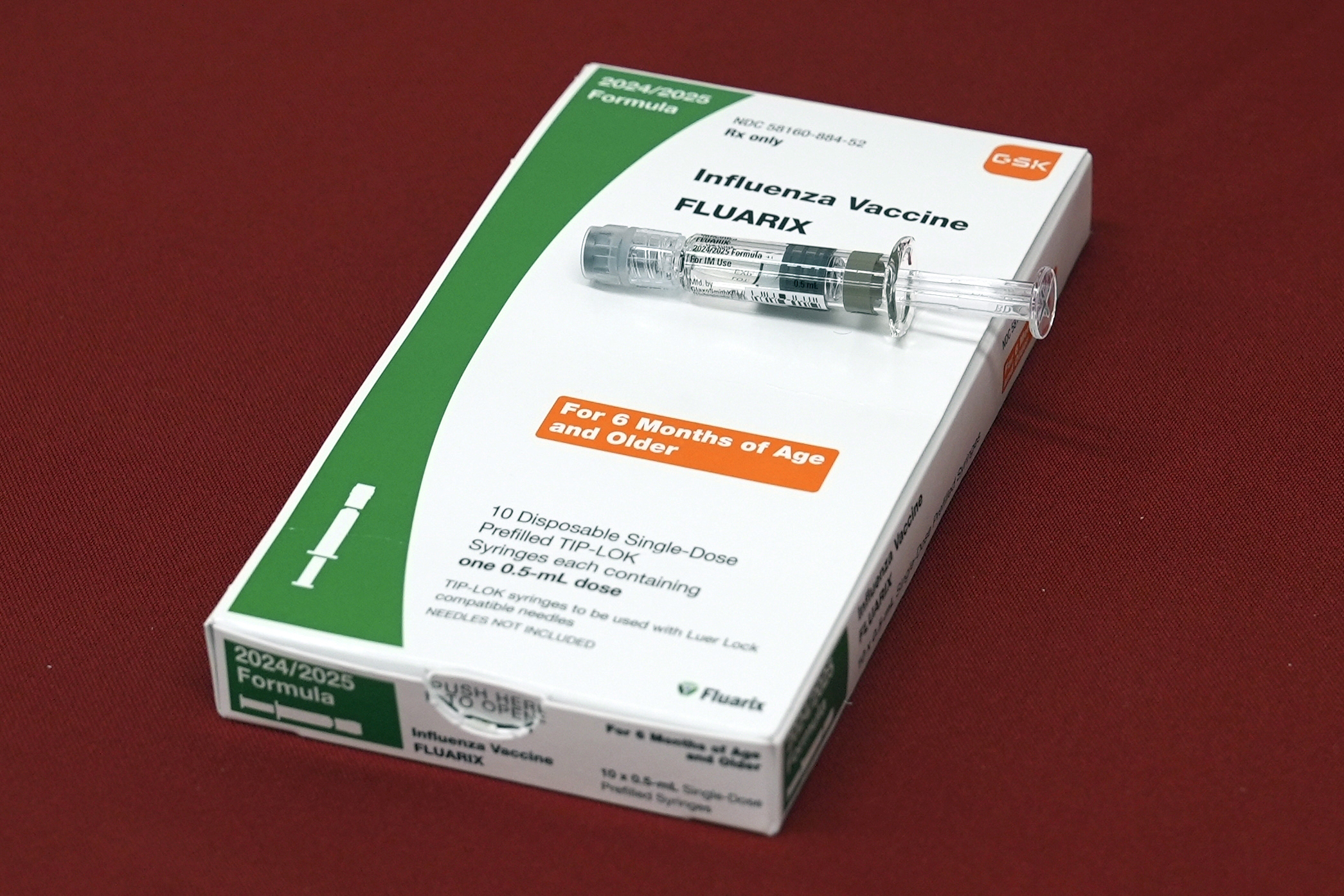Suffering from a stiff neck? How about sore shoulders? It may be caused by more than just the stress of the day. About 25% of people under the age of 40, and 60% of people over the age of 40, have some degree of degenerative disk disease. For most people, physical therapy will do the trick – for some, a disk fusion was all doctors had to offer. But now, a disk replacement is easing their pain while keeping their mobility intact.
Clayton Slater is ready to go! He took up disc golf to give himself and his son something to do, but pain stopped him from going out on the course.
“I had pain in the shoulders that radiated down my tricep, into my arm and my hand,” Slater said.
The pain was actually a result of a neck injury that happened when he fell off a treadmill.
Get top local stories in DFW delivered to you every morning. >Sign up for NBC DFW's News Headlines newsletter.
Patients with problems in their cervical disks — the seven disks that run from the base of the skull to the top of the shoulders — have few options. Most are treated with anti-inflammatories and physical therapy, then offered disk fusion.
“The problem is that it creates a domino effect, so, someone gets their neck fused for one or two levels, that then puts pressure, potentially, on the adjacent level,” said Dr Kern Singh an orthopedic surgeon at Midwest at Rush.
Now, disk replacement is giving patients a more mobile option.
Health Connection
Get connected to a healthier life.
“This is the actual disk replacement device that we, or myself, I implant in patients. And you can see, it's less than the size of your fingertip,” said Singh.
It’s made out of titanium and plastic.
“Bone grows into the titanium and the plastic, basically, acts like a shock absorber and the disk allows the spine to physically move forward, and then back, side to side, and then rotate,” said Singh.
The surgery takes only 30 minutes. Slater went home the same day and could move his neck immediately. Five months later, he has a full range of motion.
Cervical disk replacements are approved by the FDA. Singh says data shows that artificial cervical disks should not need to be replaced for at least 20 years.
Contributors to this news report include: Marsha Lewis, Producer; Kirk Manson, Videographer; Roque Correa, Editor.




